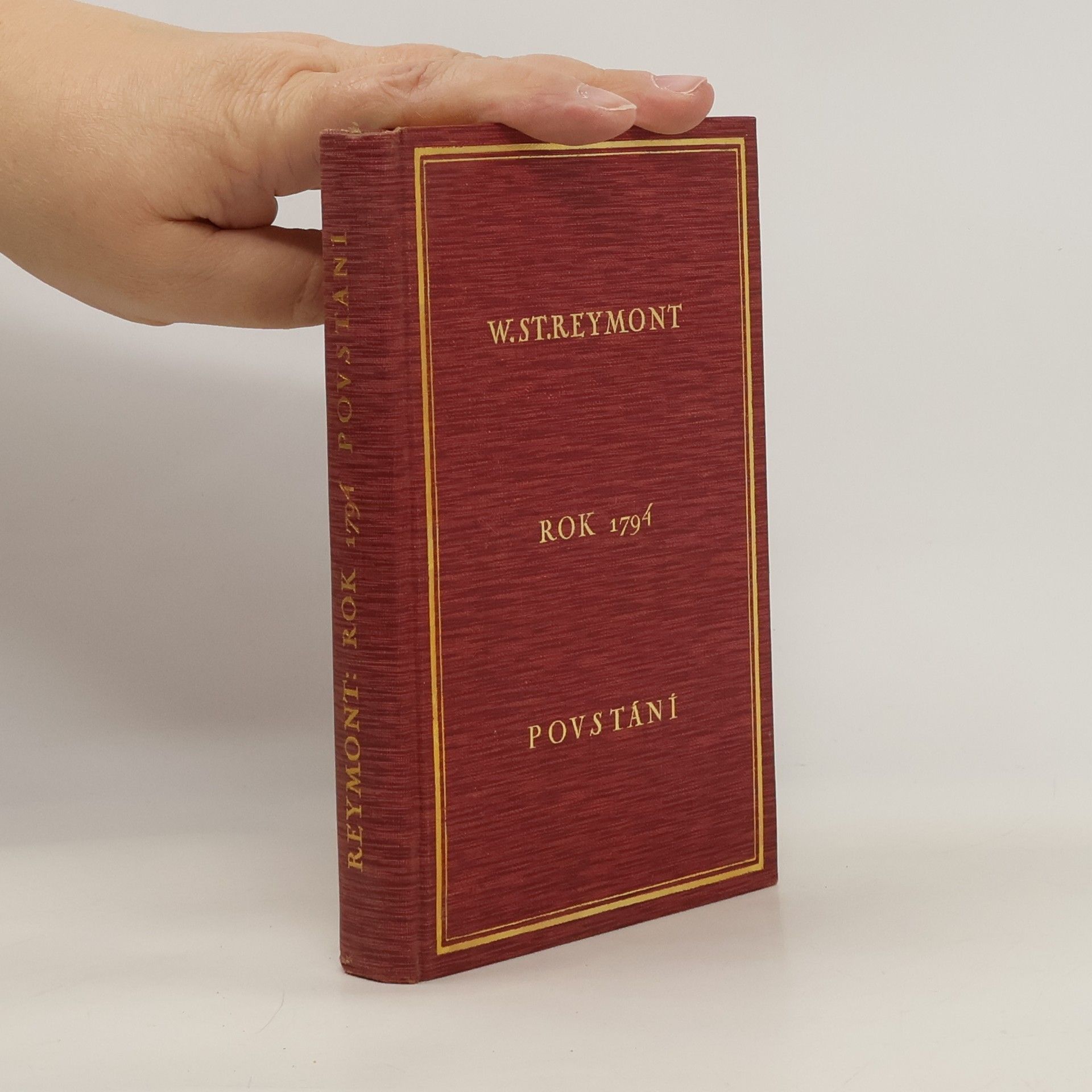The Peasants
- 976pages
- 35 heures de lecture
Set against the backdrop of early 20th-century Poland, this epic narrative weaves together rich historical context and profound themes of identity and resilience. The story explores the lives of its characters as they navigate the complexities of a changing society, reflecting the struggles and triumphs of the Polish people. Celebrated for its literary merit, the work showcases the author's masterful storytelling, earning recognition as a significant contribution to world literature.






